What was the Capitol Hill Autonomous Zone?
Protesters aimed to create a community without police - but it soon turned into something bigger
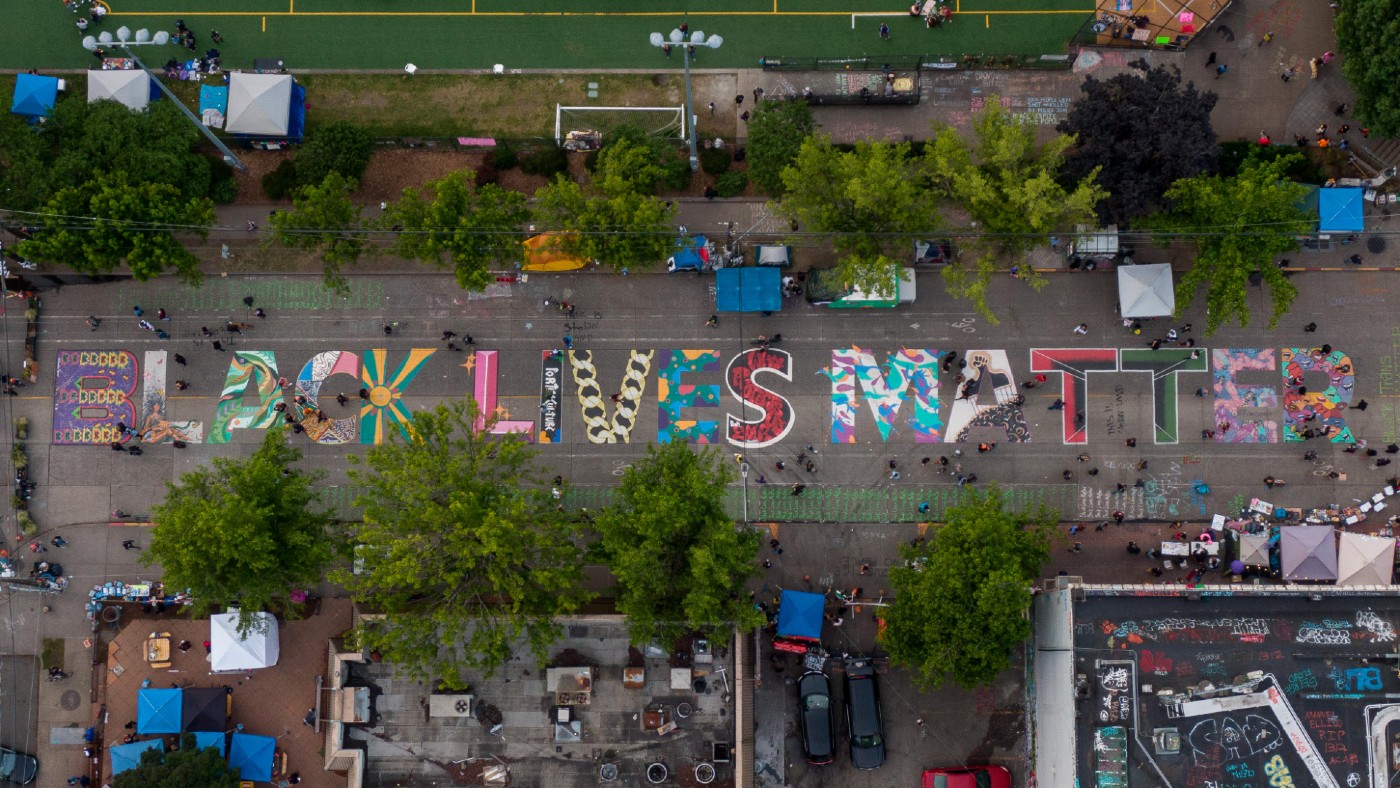
A free daily email with the biggest news stories of the day – and the best features from TheWeek.com
You are now subscribed
Your newsletter sign-up was successful
Protesters at Seattle’s Capitol Hill Autonomous Zone have begun packing up their tents following a call from the mayor to clear out.
The de facto leader of the occupation, which emerged out of the Black Lives Matter protests, said yesterday that “a lot of people have already” left the area as one of the organising committees declared that the “project is now concluded”.
The statements came just days after Seattle’s mayor said she would try to persuade protesters to leave the six-block area of the Capitol Hill neighbourhood, which had been occupied since 8 June, two weeks after the death of George Floyd.
The Week
Escape your echo chamber. Get the facts behind the news, plus analysis from multiple perspectives.

Sign up for The Week's Free Newsletters
From our morning news briefing to a weekly Good News Newsletter, get the best of The Week delivered directly to your inbox.
From our morning news briefing to a weekly Good News Newsletter, get the best of The Week delivered directly to your inbox.
What was the protest all about?
Protesters “initially came to direct their energy towards racial injustice in the wake of George Floyd’s death,” says Forbes.
But as the days went past, the Capitol Hill Autonomous Zone or CHAZ (which was also known as the Capitol Hill Organised Protest or CHOP), grew “to encompass calls for reform of many aspects of civic life”, the website adds.
The most basic goal of the protest was to create a neighbourhood without police, but some demonstrators also began demanding rent control, the reversal of gentrification, funding of community health and the defunding of the police.
A free daily email with the biggest news stories of the day – and the best features from TheWeek.com
The protest had “a carnival-like atmosphere”, the Los Angeles Times says. Entertainment included “movie screenings, poetry performances, free food, medical supplies and more in a makeshift camping area”, Forbes reports.
A “Conversation Cafe” hosted wide-ranging discussions and handed out free food. For several weeks, the “experiment in self-government” became Seattle’s hottest new neighbourhood”, according to Buzzfeed.
Why did the protest end?
President Donald Trump called for Washington Governor Jay Inslee and Seattle Mayor Jenny Durkan to “take back your city NOW”.
The threat didn’t seem to ruffle Durkan, who shot back at the president “Make us all safe. Go back to your bunker.”
Earlier this week however, Durkan announced that Seattle’s police department would return to the neighbourhood following a weekend of violence in which three people were shot in and around the CHAZ.
“The impacts on the businesses and residents and the community are now too much,” Durkan said.
The statement from the semi-official CHAZ committee said it expects “a very small number of holdouts” but that they are likely to be “too small to be more than an annoyance for pedestrians rather than a zonal blockade.”
What happens next?
Organisers urged CHAZ sympathisers to turn their protests online, and pledged to “shift into a phase of virtual activism”, The Hill says.
According to history professor Margaret O’Mara, even if the CHAZ peters out, it will be remembered as a microcosm of America’s 2020 struggle with racism and police brutality. “Clearly something remarkable is blooming in this season of pandemic and protest,” O’Mara said in The New York Times.
“It is forcing our city to reckon with truths that can and should make white citizens like me uncomfortable, and that remind us just how much Seattle is like the rest of America: impossibly divided, and impossibly full of hope.”
-
 Tourangelle-style pork with prunes recipe
Tourangelle-style pork with prunes recipeThe Week Recommends This traditional, rustic dish is a French classic
-
 The Epstein files: glimpses of a deeply disturbing world
The Epstein files: glimpses of a deeply disturbing worldIn the Spotlight Trove of released documents paint a picture of depravity and privilege in which men hold the cards, and women are powerless or peripheral
-
 Jeff Bezos: cutting the legs off The Washington Post
Jeff Bezos: cutting the legs off The Washington PostIn the Spotlight A stalwart of American journalism is a shadow of itself after swingeing cuts by its billionaire owner
-
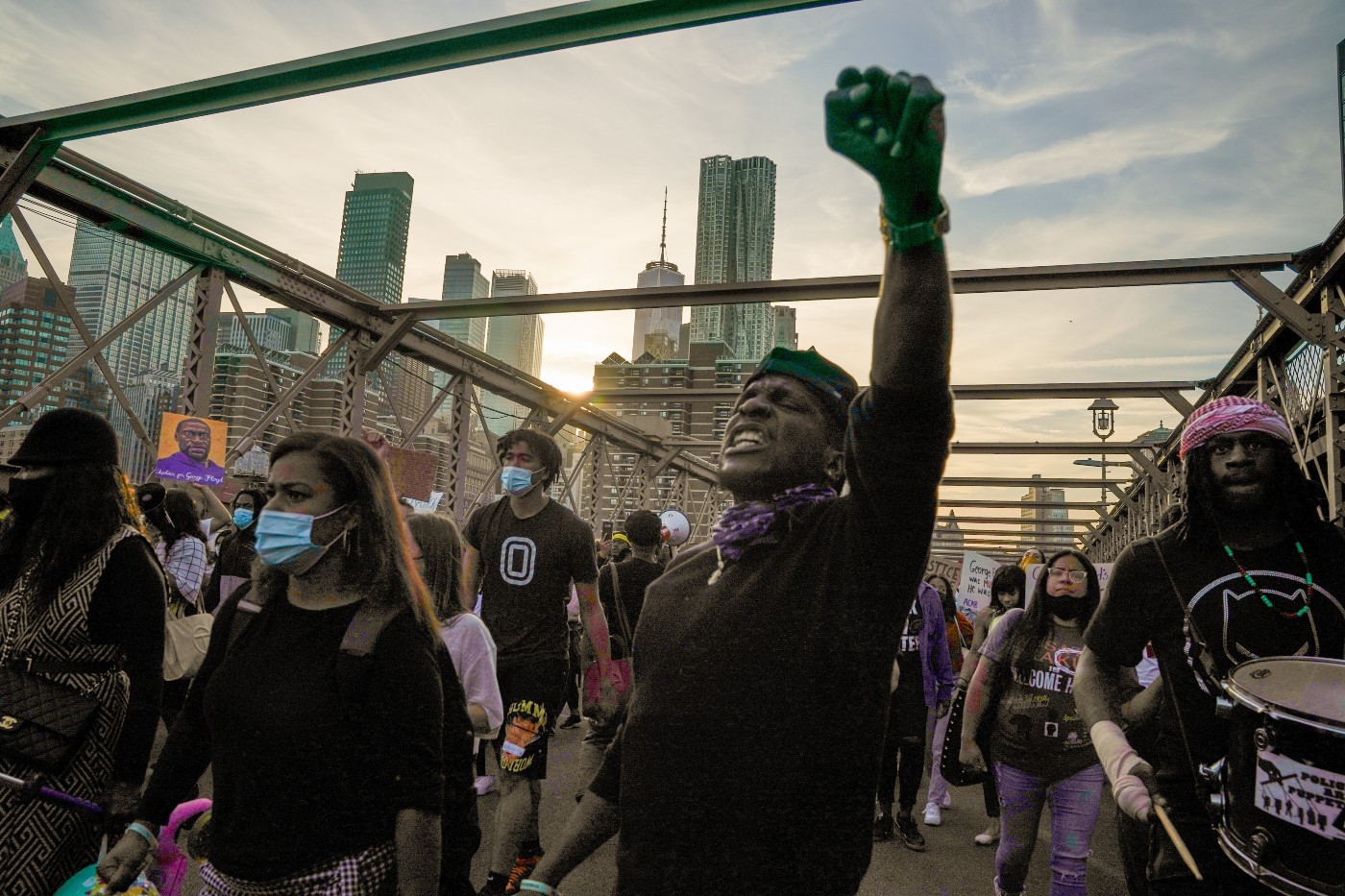 George Floyd legacy: what has changed in the US three years on
George Floyd legacy: what has changed in the US three years onfeature Police officers are more accountable but has ‘white empathy’ hit a wall?
-
 ‘Police tactics are not getting worse, they are simply being filmed’
‘Police tactics are not getting worse, they are simply being filmed’Instant Opinion Your digest of analysis from the British and international press
-
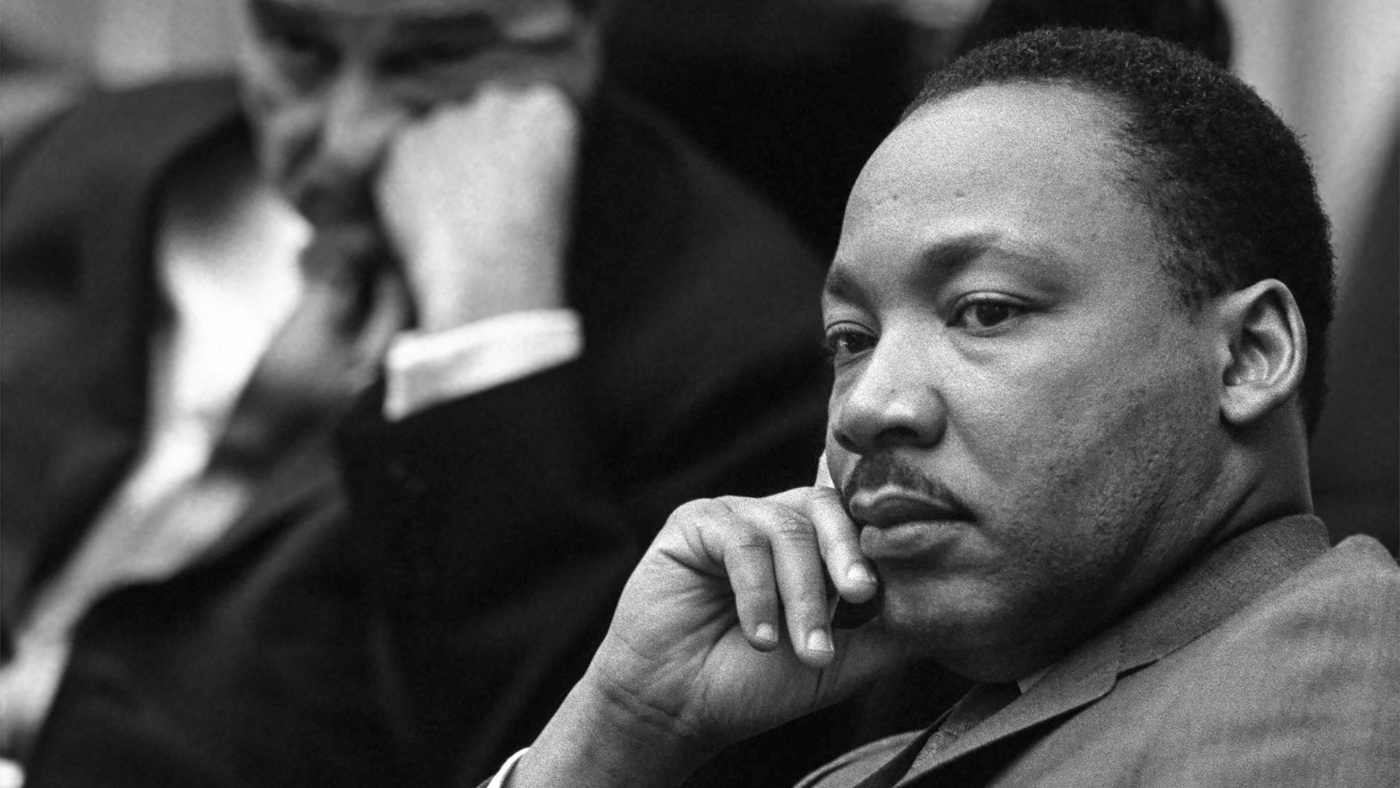 ‘Martin Luther King’s warning of the white moderate rings truer than ever’
‘Martin Luther King’s warning of the white moderate rings truer than ever’Instant Opinion Your digest of analysis from the British and international press
-
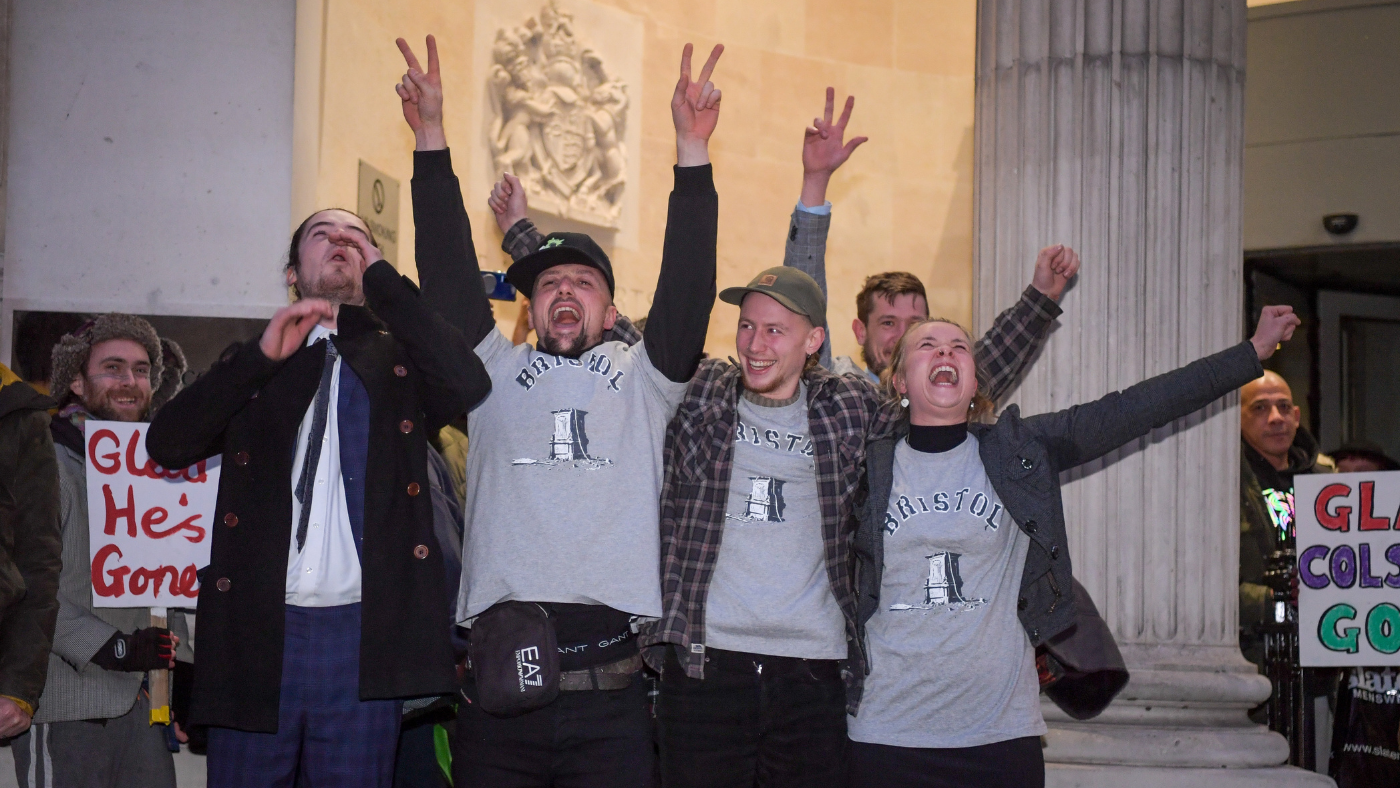 ‘Colston statue topplers drag Britain’s view of itself closer to reality’
‘Colston statue topplers drag Britain’s view of itself closer to reality’Instant Opinion Your digest of analysis from the British and international press
-
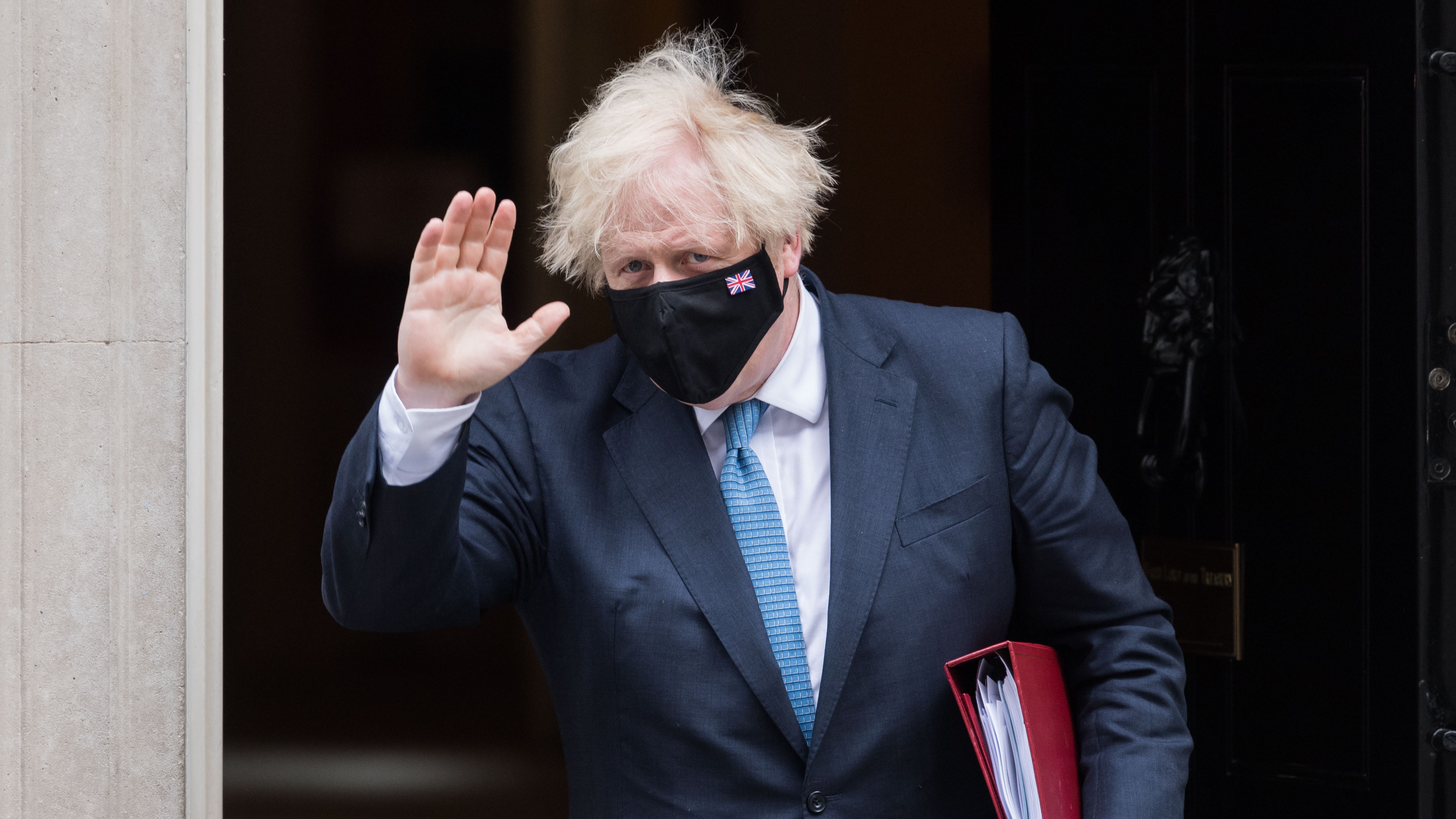 ‘A lesson for Johnson: if you pick fights, you can get hurt’
‘A lesson for Johnson: if you pick fights, you can get hurt’Instant Opinion Your digest of analysis and commentary from the British and international press
-
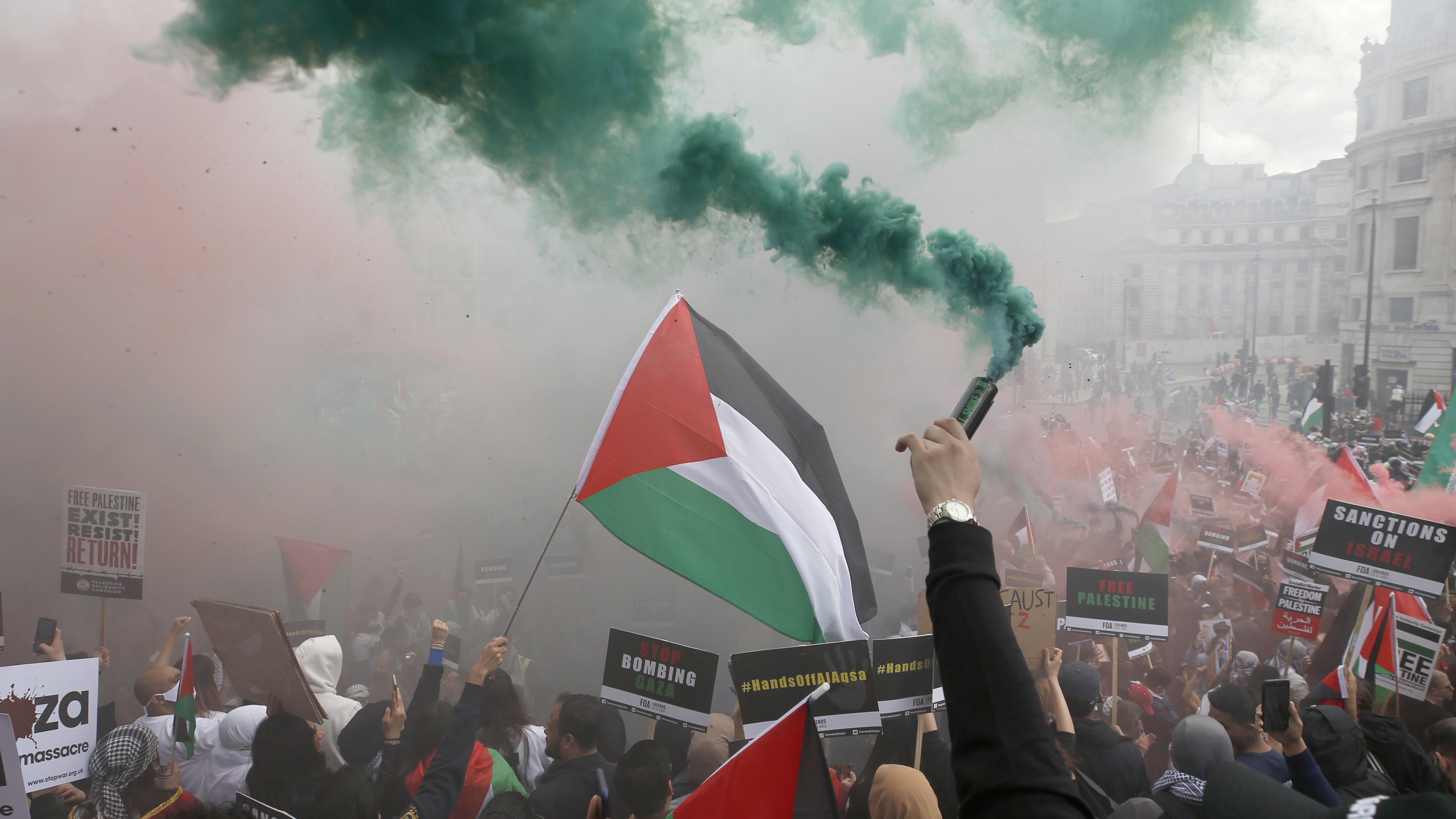 Why Black Lives Matter has thrown its weight behind Palestinian solidarity
Why Black Lives Matter has thrown its weight behind Palestinian solidarityIn Depth Outbreak of violence in Gaza prompts vocal support from racial inequality movement
-
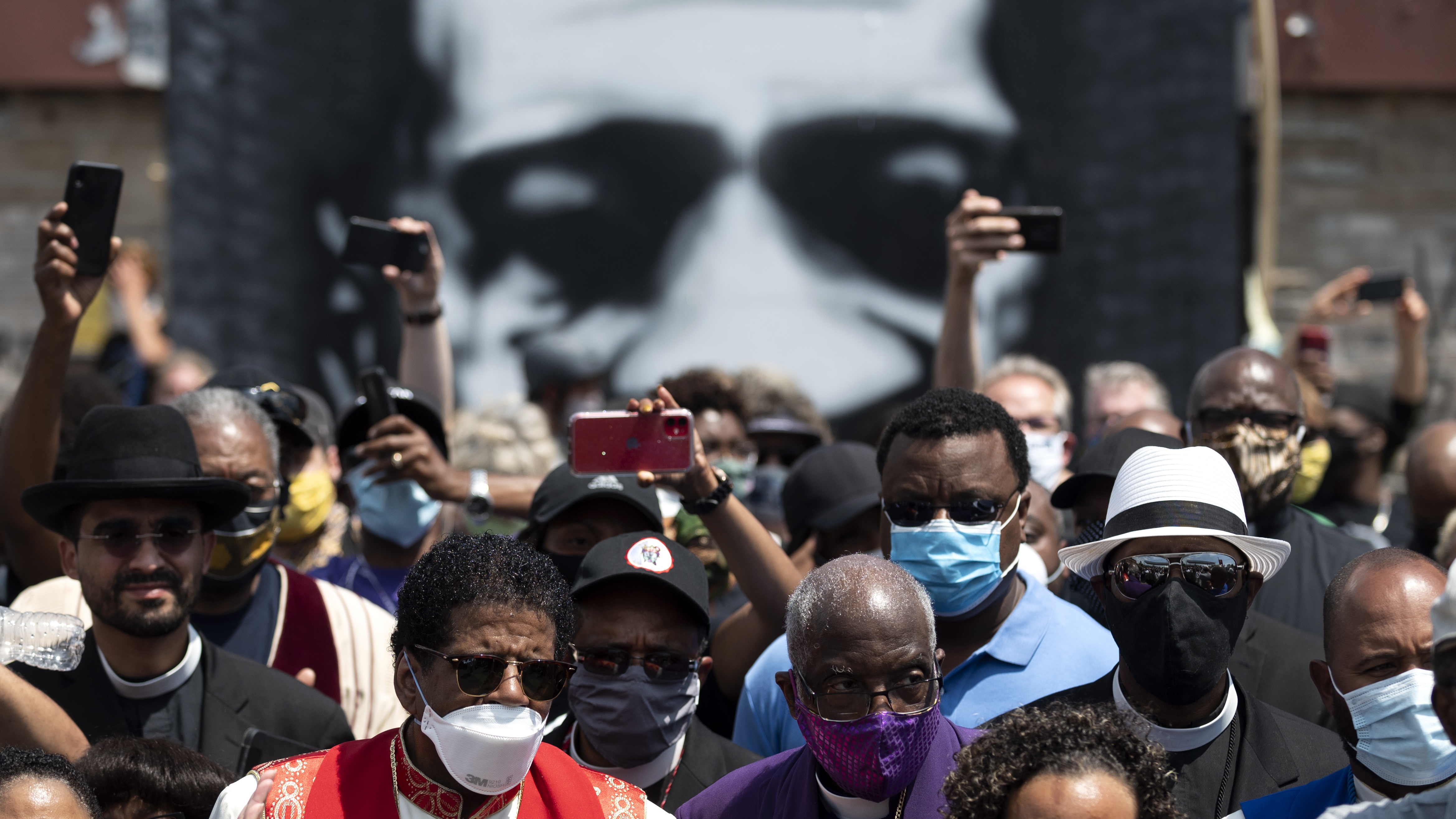 Timeline: one year since the death of George Floyd
Timeline: one year since the death of George Floydfeature Police killing of the unarmed African American prompted moment of reckoning for US race relations
-
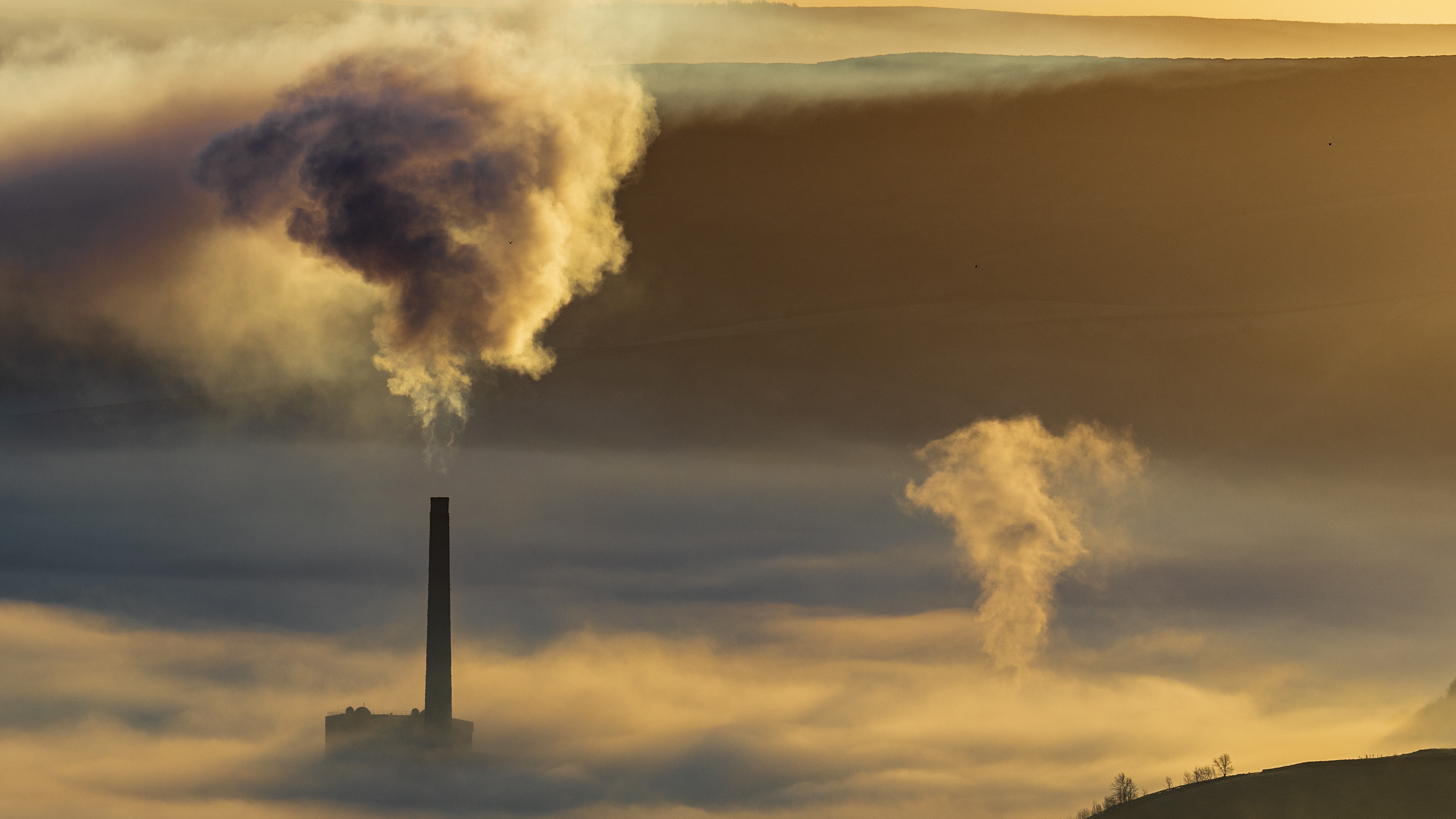 Could the term ‘global weirding’ help people?
Could the term ‘global weirding’ help people?Instant Opinion Your digest of analysis and commentary from the British and international press